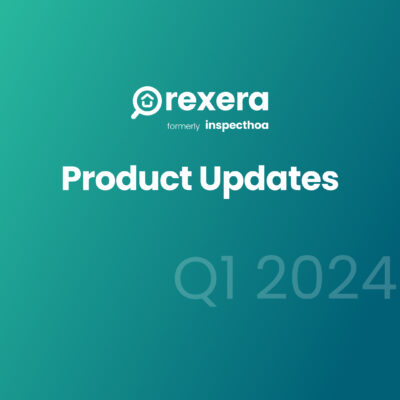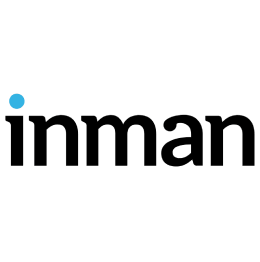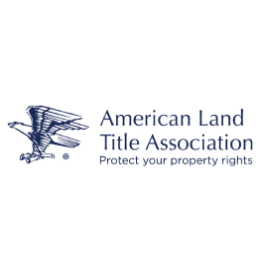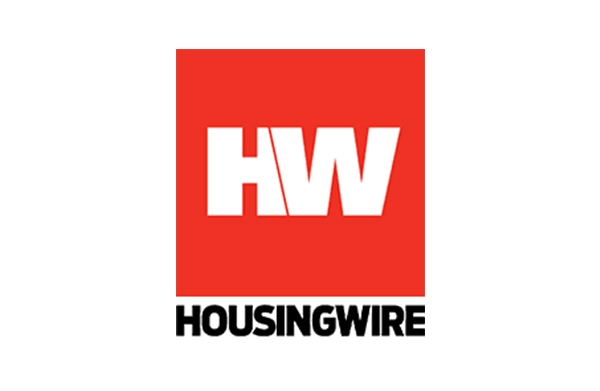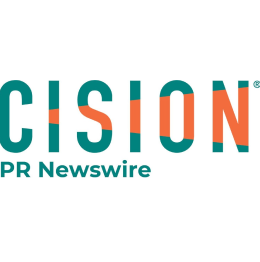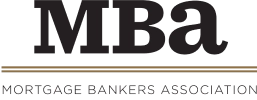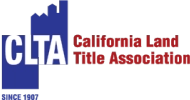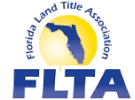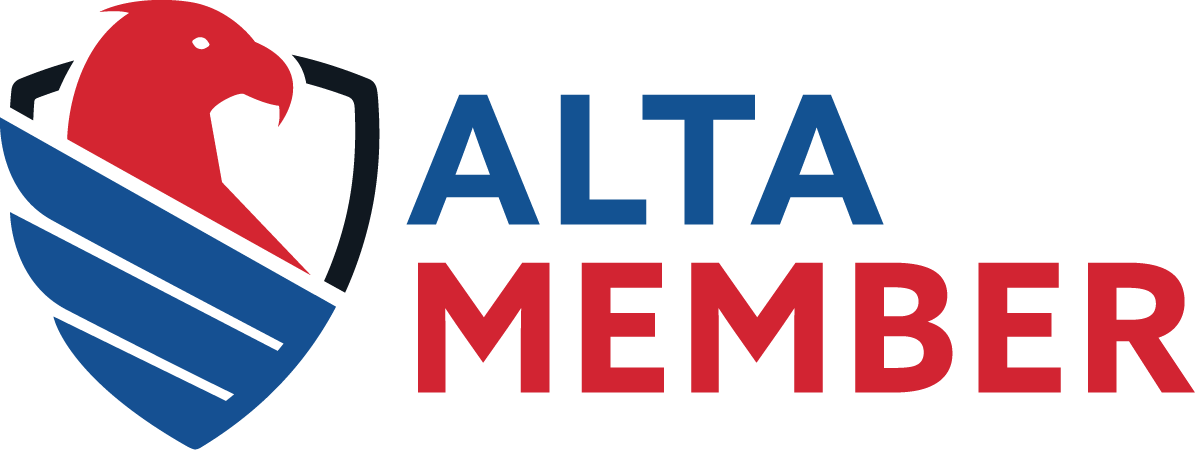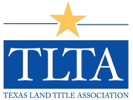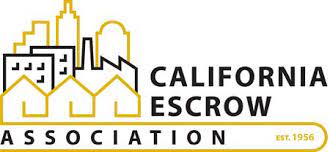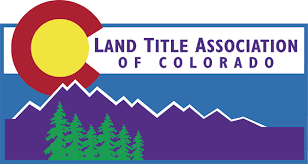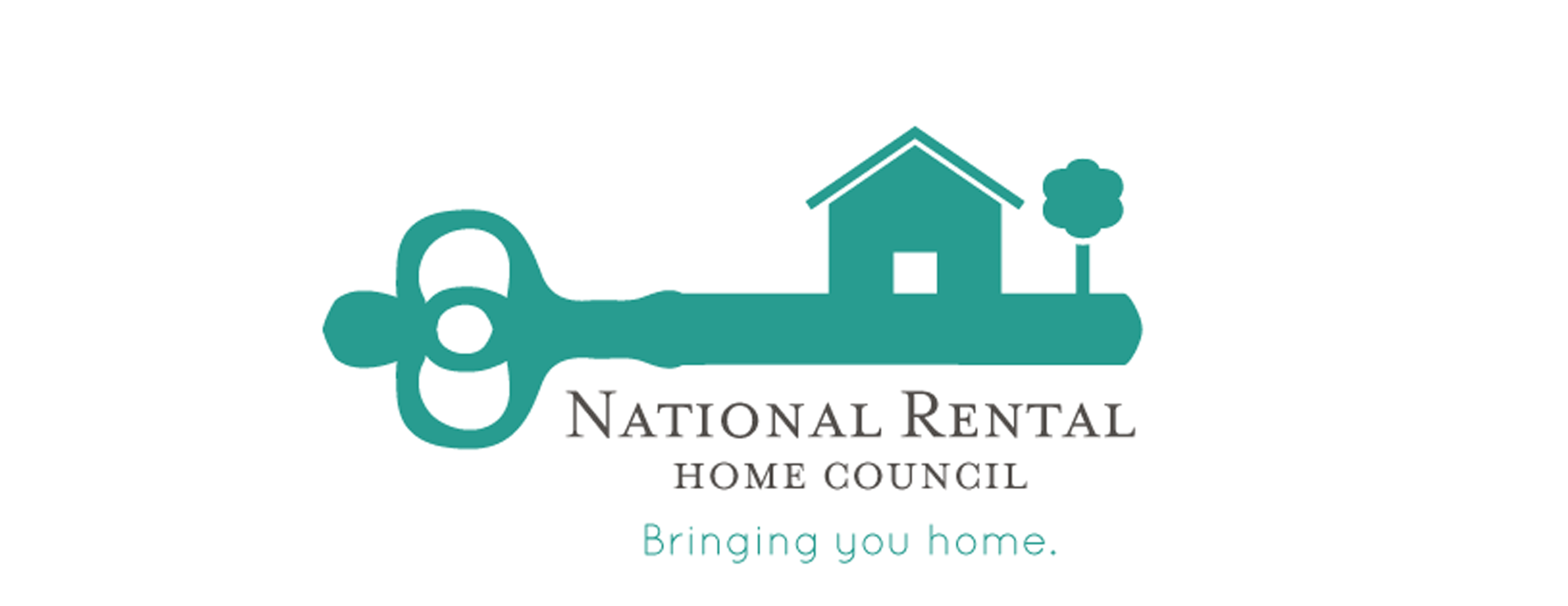HOA Fees and Expenses: Where is Your Money Going?

There is no better feeling than being a homeowner, but sometimes owning your own home can feel like a lot of work. Mowing your lawn, replacing that old furnace, or even fixing a leaky faucet all have tangible costs, which can feel like a lot out-of-pocket as well.
One reason why owning a home within a homeowner’s association is so appealing for many is that you don’t have to necessarily worry about the day-to-day maintenance and expenses associated with ownership. Instead, your monthly or annual fees go towards some of those tangible costs, providing you with peace of mind and an easier budget to manage.
Newer buyers may jump at the opportunity to buy within an HOA. Here’s where Title and Escrow officers come in. As an invaluable partner in the closing process, your job is to ensure the buyer is fully aware of the HOA fees and exactly what they cover.
What Are Homeowners Association (HOA) Fees?
HOA fees (sometimes referred to as assessments or dues) are monthly or annual recurring payments to the homeowner’s association where the real estate is located. These fees can fluctuate from organization to organization, but, in general, their purpose is to help pay for operational expenses and upkeep and maintenance of common areas for communal enjoyment.
Types of HOA Fees
Homeowners’ Association (HOA) dues are essential for the maintenance and enhancement of shared spaces and services in a community. Understanding where these fees go can provide clarity and appreciation for the benefits they offer. Here’s a breakdown of what HOA dues typically cover:
- Maintenance and Access to Amenities
These dues often fund the upkeep and availability of exclusive amenities like pools, exercise areas, and other unique facilities.
- Management of Common Areas
HOA fees contribute to the maintenance of shared spaces such as building hallways, lobbies, staircases, and patio areas.
- Utilities for Common Areas
These fees cover essential utilities like water, power, and gas for common areas. In some instances, they may also include utilities for individual units.
- Trash Removal and Sewage Services
A part of the dues is allocated for essential services like trash removal and sewage management.
- Pest Control and Landscaping
HOA dues fund pest control in common areas and the landscaping of green spaces, ensuring a pleasant and healthy living environment.
- Snow Removal and Parking Lot Maintenance
In areas with snow, these fees cover snow removal. They also contribute to the upkeep and management of parking lots.
- Reserve Fund Contributions
A portion of the dues goes into the HOA’s reserve fund, a savings account for future significant projects, repairs, or emergencies.
- Insurance Coverage
HOA dues provide insurance against natural disasters and general liability for accidents or injuries in common areas.
Essentially, the HOA fees contribute to a well-maintained and functional living community.
How Much Are the HOA Fees?
The amount of Homeowners’ Association (HOA) fees can vary significantly depending on multiple factors. They can start at $50 or less per month and reach thousands of dollars.
Here are the main factors that determine how much the HOA fees would be:
- Location: Higher fees are common in high-cost areas and cities with a higher cost of living.
- Community Type: Different structures exist for condos, townhouses, and planned communities. Condos often have higher fees due to more shared amenities.
- Amenities and Services: Extensive amenities like pools, gyms, and clubhouses typically lead to higher fees.
- Unit Size: Larger units may incur higher fees.
- Utilities and Services: Fees increase if the HOA covers a broad range of utilities and services.
- Reserve Funds: Active reserve fund contributions for future repairs can raise fees.
- Property Age and Condition: Older properties requiring more maintenance or upgrades tend to have higher fees.
Educating future buyers about the range of HOA fees is vital for Escrow officers, as it ensures buyers are prepared for all financial aspects of homeownership. That, in turn, facilitates smoother, more transparent property transactions and builds trust.
Fees That Fall Outside of Normal HOA Fees
If your customer is considering buying or selling a home located within a homeowners association, the sales process can seem a bit daunting. The paperwork alone is intimidating.
But what surprises most potential buyers are fees incurred throughout the sales process that regular HOA dues do not cover. As an Escrow officer, you’ll likely be responsible for explaining the additional HOA fees as well.
Here are some HOA fees that fall outside the normal monthly dues.
HOA Fees for Purchasing Documents
Unlike other homes, additional disclosure rules and documentation must be provided and reviewed if your client is buying or selling a home within a homeowner’s association. The law offers buyers a window of time to review the HOA documents and assess the HOA’s financial condition before finalizing any sale.
Specifically, buyers have a right to review the ‘HOA’s covenants, codes, restrictions (CC&Rs), bylaws, and financial history. However, having the homeowners association prepare these documents does incur tangible costs, including time and physical resources. The HOA may assess a fee for providing this documentation outside the standard dues a homeowner would pay.
HOA Fees for Estoppel Letters
Other fees, similar to purchasing documents that an HOA may charge outside of standard dues, are estoppel letters.
When the home is in a homeowner’s association, the lender will likely request an estoppel letter that outlines any outstanding balances or fees the seller may owe to the HOA. If there are unpaid fees, an HOA could end up putting a lien on the property.
Most homeowners associations charge a fee to prepare this letter or certificate.
HOA Fees for Rental Application
Real estate investors or owners who want to rent out their HOA-governed unit might face a few challenges. For one, the HOA may have additional restrictions and applicable fees outside the regular dues.
A legal precedent confirms it is permissible for HOAs to charge annual application fees for units intended to be rented out to lessees. Other types of fees that homeowners’ associations can charge for renting, in some states, are screening fees and move-in and move-out fees.
Fees associated with rentals have become a hot topic over the last few years, especially for those located in growing vacation hot spots or used as short-term rental properties.
What Your HOA Fees Do Not Cover
It’s essential to understand what the HOA fees cover and what is not included. While repairs or upgrades to common areas are typical, that does not necessarily mean HOA dues cover your yard’s lawn care or snow removal for your walkway.
Other things that are generally not included in the monthly or annual dues are costs to renovate or improve your unit. Owners are responsible for any interior upgrades, renovations, or maintenance that occurs.
Occasionally, the homeowner’s association charges special assessment fees. Those are usually fees that offset a reserve deficiency or raise money for a new capital project. Special assessments are charged independently from the monthly or annual dues.
The largest HOA expenses that cause associations to charge higher dues are typically those linked to excessive water or power consumption. These include swimming pools and communal greenhouses or garden spaces.
Gyms, exercise areas, and multi-media spaces can also be equally expensive if they use excessive electricity or power.
Lastly, parking lots also go through a lot of wear and tear and can be expensive to break out and repave. Make sure to ask about any upcoming projects the HOA has in the works so you can let the buyer know before the closing.
Overall, it can be very tricky figuring out just what is and is not included with your HOA dues. If you ever get stuck, consider reaching out to an expert who can help you analyze and interpret your HOA’s financials and bylaws.
If you are still uncertain what your fees cover – let us know! At InspectHOA, we have already helped thousands of homeowners and real estate investors like yourself make sense of their HOA finances.
We also share Real Estate insights on LinkedIn! Follow our page to stay up-to-date with the news.




